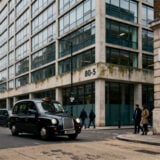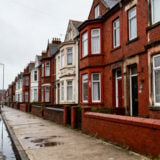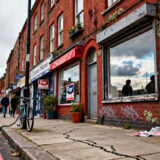The National Road Infrastructure Fund which was to allocate millions of euros to road building has been frozen. This could mean that key infrastructure which is needed to attract more tourists and investment to Bulgaria might not go ahead as planned.
Bulgaria joined the EU just 18 months ago and great promises about the future of the country were made. It was made clear in political circles that EU membership meant cleaning up the crime and corruption that hung on from the Communist era.
Property, which was rising anyway in anticipation of EU membership and all its benefits, boomed. Huge amounts of money would be spent on infrastructure including airports and roads, and the future looked bright.
Now the report, due to be adopted by the EU executive on Wednesday and described by EU officials as the most scathing ever written about a member state, has seriously dented many plans.
EU officials said the final figure for frozen funds may be smaller because some of the money has already been spent, but Bulgaria stands to lose millions of euros by the end of the year unless it can remedy flaws in its payments agencies.
An analysis of the figures shows the three key road programmes that the Bulgarian government promised to press ahead with just three weeks ago are under threat as most of the money is earmarked to come from the EU.
Maritza, the main highway to the Turkish border, is estimated to cost €208 million of which €167 million is due to come from the EU fund. So far just five kilometres have been built with another 67 kilometres to go.
Hemus, the main highway connecting the capital Sofia, to Varna, the biggest and most popular resort on the Black Sea, is regarded as the most important part of the country's road network. The cost is €32 million of which €25.6 million is due to come from the EU.
And Struma, the highway linking Sofia to the border with Greece, is due to cost €600 million with €480 million expected to come from the EU fund.
Bulgaria's infrastructure development plan is for 720 kilometres of new motorways by 2015. But without EU money this is now in doubt.





